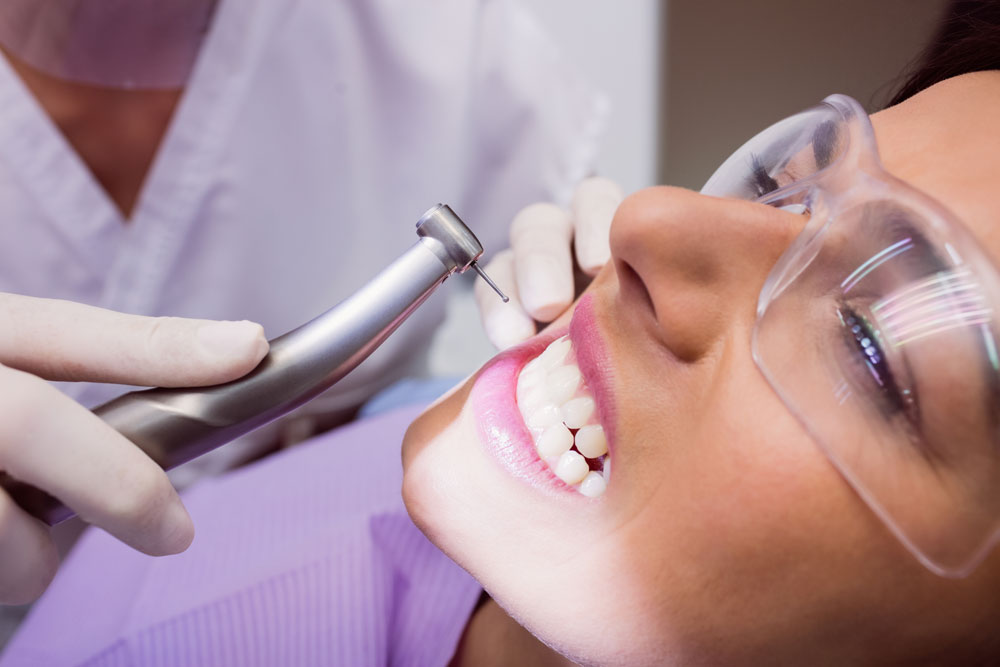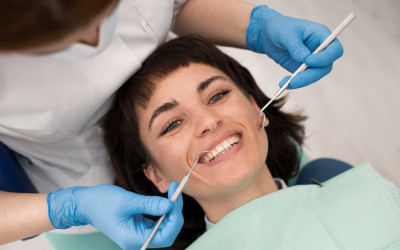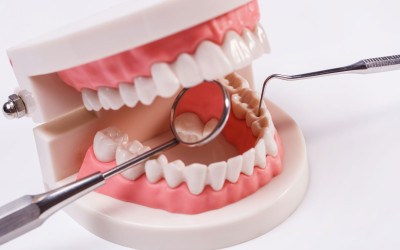What Should We Consider After Teeth Scaling?

What Should We Consider After Teeth Scaling?
- 26 June 2022
- 183983 views
Teeth scaling is the process of cleaning the stones that are formed by the hardening of the bacterial plaque on the teeth and can be noticed from the outside.
This content is for informational purposes only and does not replace medical advice, diagnosis, or treatment. Please consult a healthcare professional for any health concerns.
Table of Contents
Teeth scaling is an application that can be done by dentists. It should be done regularly to protect dental health and prevent damage to the gums. For this reason, you should not delay your routine dentist visits.
What is Teeth Scaling?
Although regular brushing and flossing can help clean the teeth, it is not enough to remove bacterial plaque. For this reason, tartars forms on the teeth over time. These tartars can only be cleaned by dentists.
Teeth scaling is an application for adults. It is not an iterative process. However, it must be applied once a year.
How Is Teeth Scaling g Performed?
Although tartar cleaning may seem like an easy process, it must be done by professionals. If there is any sensitivity in the teeth, local anesthesia is applied first. In this way, no pain or suffering occurs. However, if there is no sensitivity in your teeth, there is no need for anesthesia. Because it is not a painful procedure. Then, the tartar formed on the teeth is scraped with special tools and the process is finished using ultrasound devices.
What are the Benefits of Teeth Scaling?
The benefits of teeth scaling are as follows:
- It provides cleaning of areas that the toothbrush cannot reach and therefore cannot be cleaned.
- It prevents toothache. It also prevents tooth loss.
- Provides the removal of bad odor in the mouth.
- It helps keep the gums healthy.
- It makes the teeth whiter, brighter and cleaner.
- It ensures the removal of plaque and sediments.
What Should Be Considered After Teeth Scaling?
Following are the things you should pay attention to after dental scaling:
- If anesthesia has been applied, nothing should be consumed after the procedure until the numbness subsides.
- Teeth scaling will cause sensitivity in the teeth for a while. For this reason, acidic foods and drinks such as oranges and soda should be avoided.
- Hard and hard-to-chew foods such as hazelnuts and peanuts should be avoided for a while.
- If your dentist has prescribed any medicine after the procedure, you should take care to use this medicine as told by the dentist and in the dose. In addition, if you are going to use antibiotics, you should not neglect to use them until they are finished.
- In the first 24 hours after the procedure, the teeth should be rinsed 4-5 times with salt water. In this way, the risk of infection is prevented. At the same time, rinsing the mouth with salt water will speed up the healing.
- You should stay away from cold food and drinks for 1 week after the procedure.
- If you have not been anaesthetized, you should not eat or drink anything for 2 hours after the procedure.
- You should stay away from hot and cold food/drinks for the first 24 hours.
- After scaling, it is possible to have leakage in the gums and to experience hot and cold sensitivity for a few days. So you don't have to worry.
- If swelling occurs, you can apply an ice pack to your gums (cheek) from the outside to relieve these swellings.
- If you feel any pain, you can use painkillers. However, pain usually does not occur.
- You should continue brushing and flossing after the procedure. Although these procedures are difficult immediately after the treatment, dental cleaning is very important. You can also use an antiseptic mouthwash.
- The success of the procedure is directly proportional to the attention to oral care. Therefore, you should take care of heavy maintenance and do it correctly.
- After scaling, gaps may occur between the teeth. This is normal.







